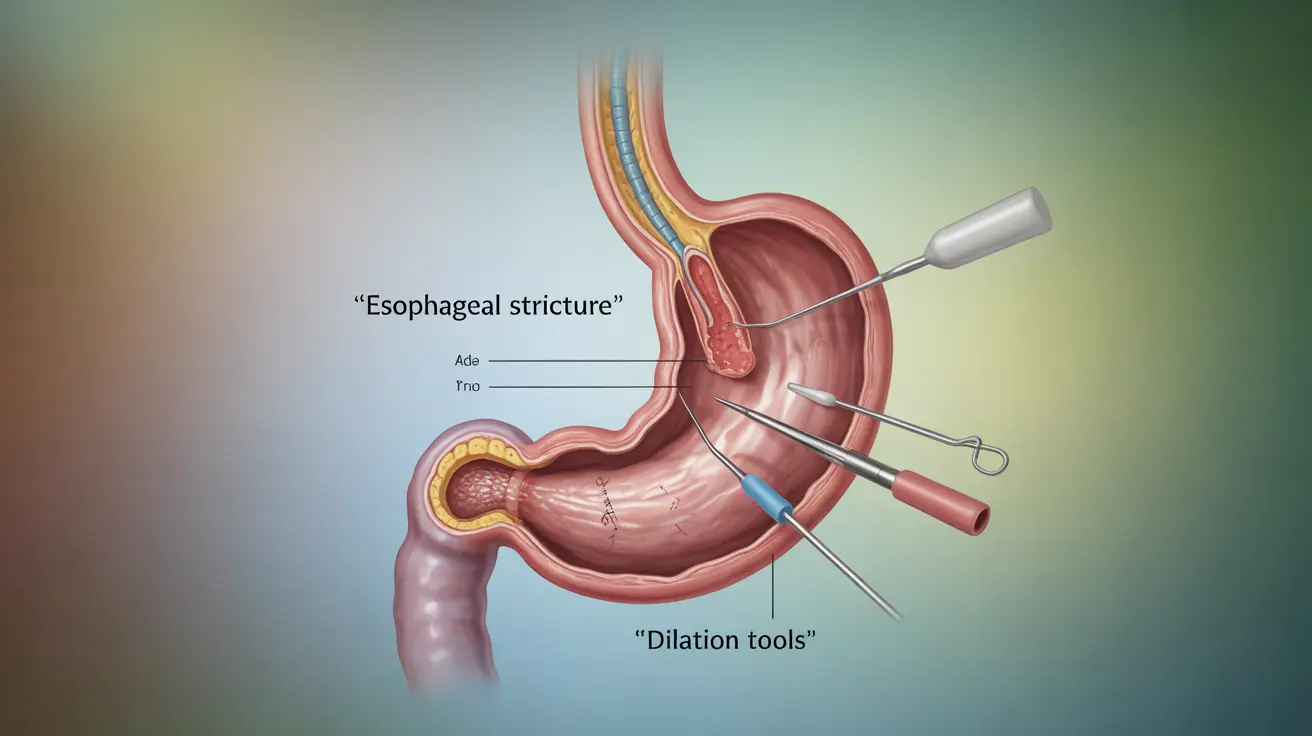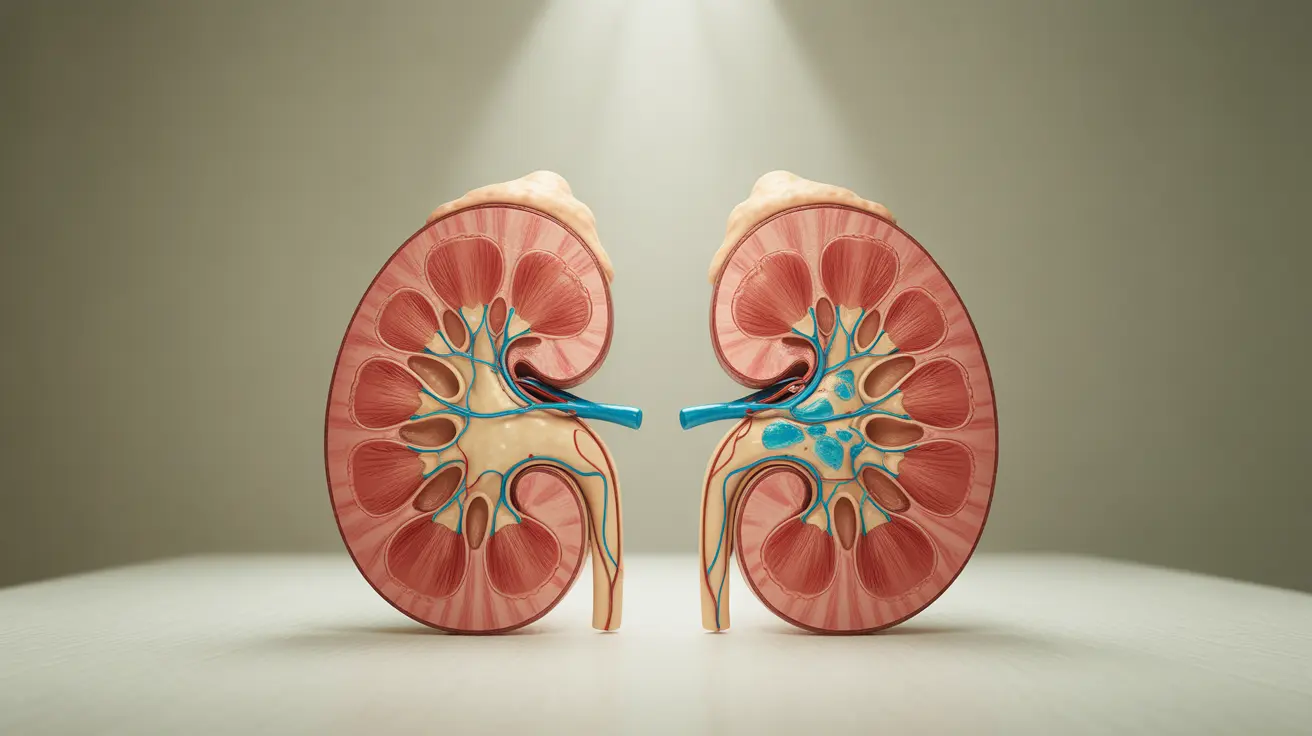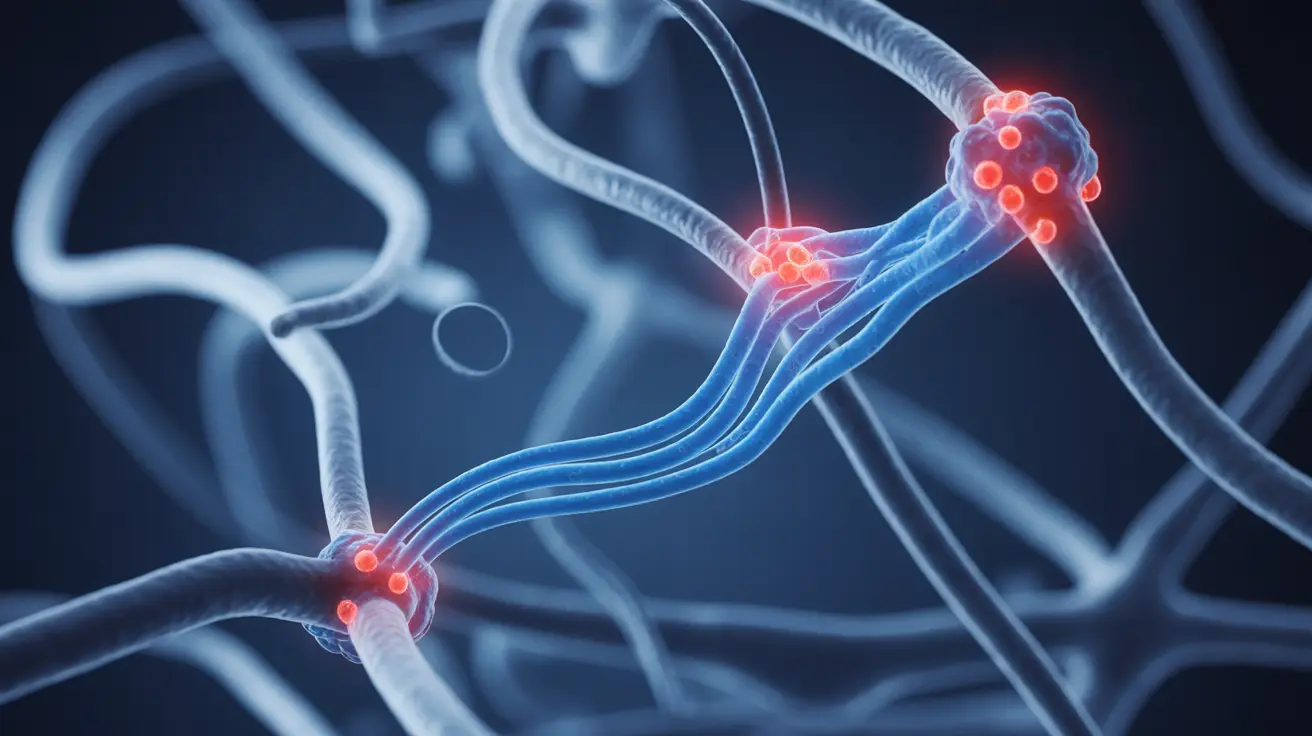Memory disorders represent a group of conditions that affect cognitive function and can significantly impact daily life. These conditions range from mild cognitive impairment to more severe forms like Alzheimer's disease and other types of dementia. Understanding these disorders is crucial for early detection, proper management, and supporting affected individuals and their families.
In this comprehensive guide, we'll explore the various types of memory disorders, their symptoms, treatment options, and strategies for prevention and management. Whether you're concerned about your own cognitive health or caring for someone with memory issues, this information will help you make informed decisions about care and support.
Types of Memory Disorders
Memory disorders encompass several distinct conditions, each with unique characteristics and challenges:
Alzheimer's Disease
The most common form of dementia, characterized by progressive memory loss, confusion, and changes in behavior. Early symptoms often include difficulty remembering recent events and learning new information.
Vascular Dementia
Caused by reduced blood flow to the brain, often following strokes or cardiovascular problems. Symptoms may develop suddenly and affect problem-solving abilities more than memory initially.
Mild Cognitive Impairment (MCI)
A condition that causes more memory problems than normal for one's age but doesn't significantly impact daily functioning. Some people with MCI may later develop dementia, while others remain stable or improve.
Common Signs and Symptoms
Memory disorders typically present with various warning signs:
- Frequent forgetfulness of recent events
- Difficulty following conversations or directions
- Problems with planning and organizing
- Confusion about time or place
- Changes in mood or personality
- Trouble with language or word-finding
- Misplacing items regularly
Diagnosis and Assessment
Proper diagnosis of memory disorders involves several steps:
- Comprehensive medical history review
- Cognitive and neurological tests
- Brain imaging (MRI or CT scans)
- Blood tests to rule out other conditions
- Mental status examinations
- Family interviews about observed changes
Treatment Approaches
While some memory disorders are progressive, various treatment options can help manage symptoms and improve quality of life:
Medications
Several FDA-approved medications can help manage symptoms of memory disorders, particularly for Alzheimer's disease. These include cholinesterase inhibitors and memantine, which can help with cognitive function and behavior.
Lifestyle Modifications
Certain lifestyle changes can support cognitive function and overall well-being:
- Regular physical exercise
- Mental stimulation activities
- Social engagement
- Proper nutrition
- Adequate sleep
- Stress management
Prevention Strategies
While not all memory disorders can be prevented, research suggests several ways to reduce risk:
- Maintaining cardiovascular health
- Engaging in regular physical activity
- Following a Mediterranean-style diet
- Staying mentally active
- Managing chronic conditions like diabetes and high blood pressure
- Avoiding smoking and excessive alcohol consumption
Frequently Asked Questions
What are the main symptoms and signs that indicate someone might have a memory disorder like Alzheimer's or dementia?
Key indicators include persistent forgetfulness of recent events, difficulty with familiar tasks, confusion about time or place, problems with language, and changes in personality or judgment. These symptoms typically develop gradually and worsen over time.
Can memory disorders be reversed or managed with lifestyle changes or medication?
While some memory disorders like those caused by medication side effects or vitamin deficiencies can be reversed, most progressive conditions like Alzheimer's cannot be reversed. However, they can often be managed through a combination of medications, lifestyle modifications, and supportive care.
What are the key differences between Alzheimer's disease and other types of dementia?
Alzheimer's disease typically begins with memory loss and gradually affects other cognitive functions. Other types of dementia may start with different symptoms - for example, vascular dementia often begins with judgment and planning problems, while Lewy body dementia might first present with visual hallucinations and movement issues.
How can I prevent or reduce the risk of developing memory disorders like Alzheimer's disease?
Risk reduction strategies include maintaining physical and mental activity, eating a healthy diet, managing cardiovascular health, staying socially engaged, getting adequate sleep, and controlling chronic conditions like diabetes and hypertension.
What are some effective therapies or treatments available for managing memory loss and cognitive decline in dementia patients?
Effective treatments include medications specifically approved for memory disorders, cognitive stimulation therapy, behavioral interventions, occupational therapy, and lifestyle modifications. Support groups and counseling can also help both patients and caregivers cope with the challenges of memory disorders.




